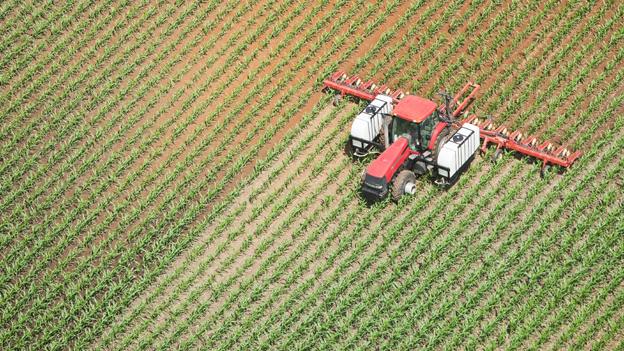Solent nitrates: House-building 'unlocked' by £2m farmland grant
- Published
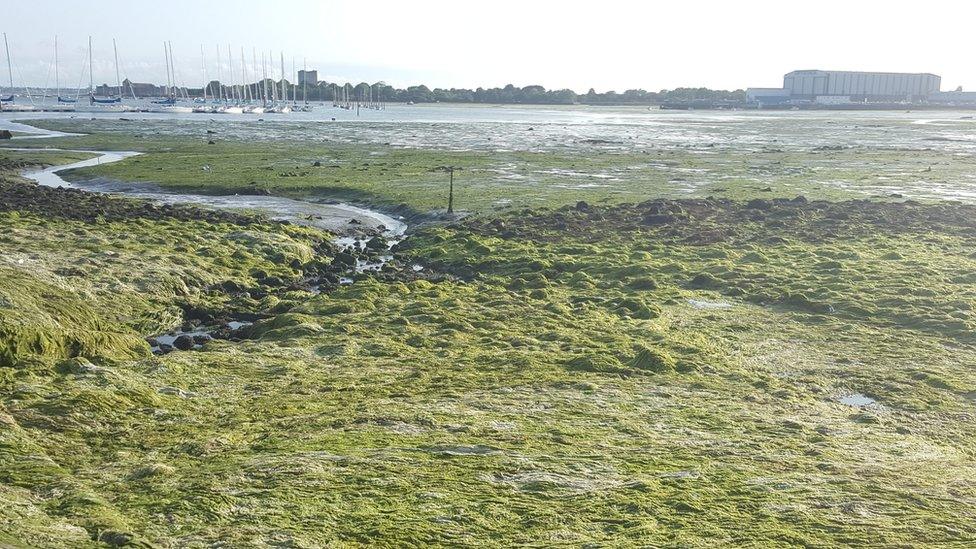
Nitrogen from housing and agricultural sources has accelerated the growth of algae at the site
The government has given £2.3m to tackle pollution which has prevented house building in south Hampshire.
Five councils accepted Natural England advice in 2019 to refuse new housing developments amid concern that nitrates were damaging the Solent.
The new money would be used to "re-wild" farmland, reducing the use of nitrate fertilizers, the Local Democracy Reporting Service said.
The grant will create 1,522 new houses and 3,000 jobs, administrators claim.
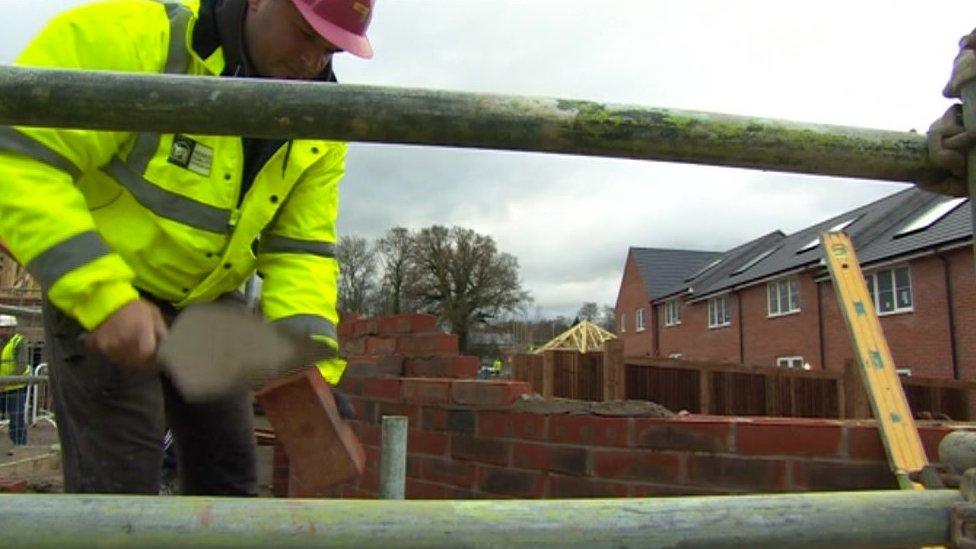
More than 7,000 developments were in limbo, it was reported
Natural England, the government advisory body, previously said the Solent was affected by accelerated algae growth which was damaging protected wildlife habitats.
It said future developments should be "nitrate neutral" following European Court rulings.
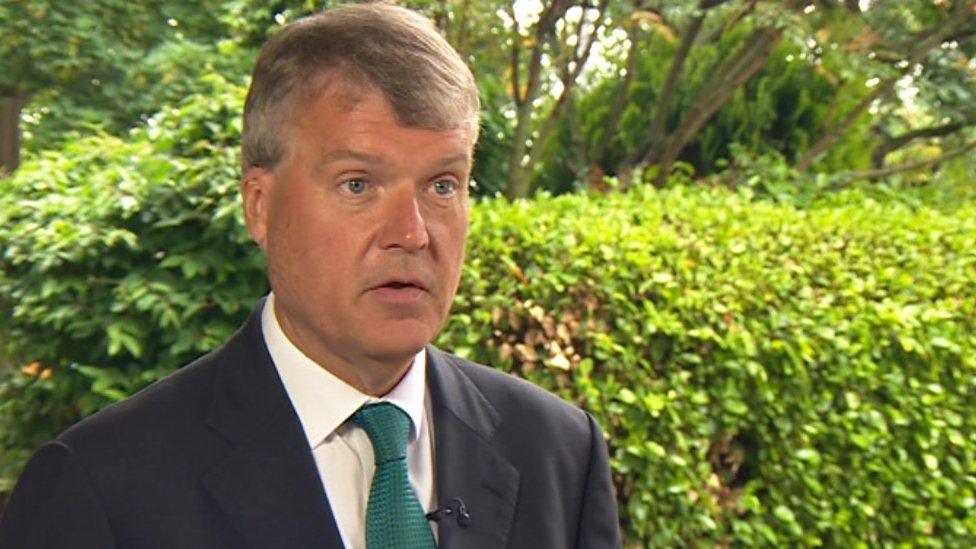
Sean Woodward said the money would allow development to resume
The money, from the government's £900m Getting Building Fund, has been allocated to the Partnership for South Hampshire (PfSH), a group of local authorities.
Councillor Sean Woodward, chairman of PfSH, said the grant could be used by Hampshire and Isle of Wight Wildlife Trust to repurpose farmland, balancing nitrate pollution from housebuilding elsewhere.
He said: "I am really pleased we have found a way to address this serious environmental issue and allow sustainable development to go ahead."
In April the wildlife trust bought a £950,000 arable farm, external in Wootton, Isle of Wight, with plans to transform it into a "wildlife haven" and mitigate for up to 600 homes to be built in Fareham, Hampshire.
In a statement, the trust said: "We know that some supporters will not want to see housing unlocked in this way.
"This is the only solution on the table that can commit to reducing nitrates and creating more space for nature."
- Published25 February 2020

- Published8 January 2020

- Published3 September 2019

- Published15 August 2019

- Published14 June 2019
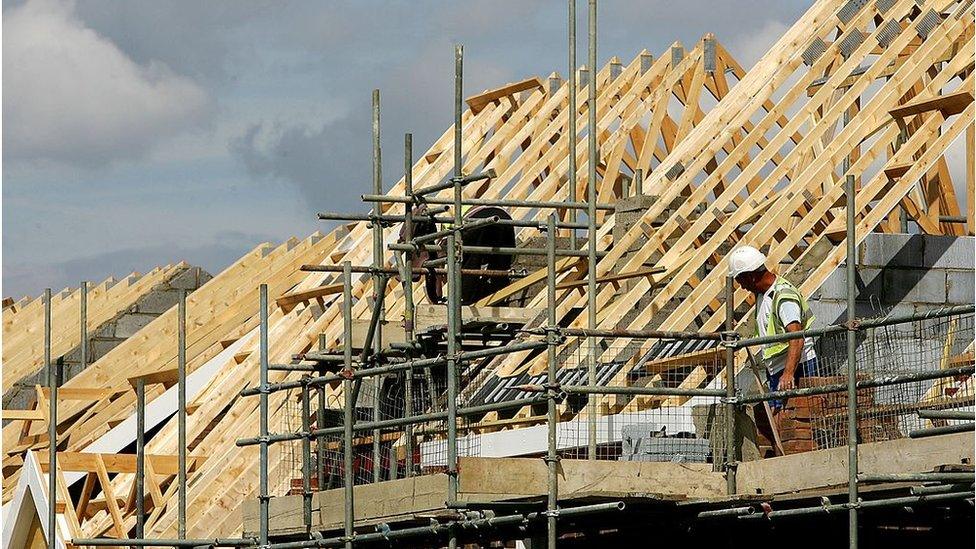
- Published10 November 2017
